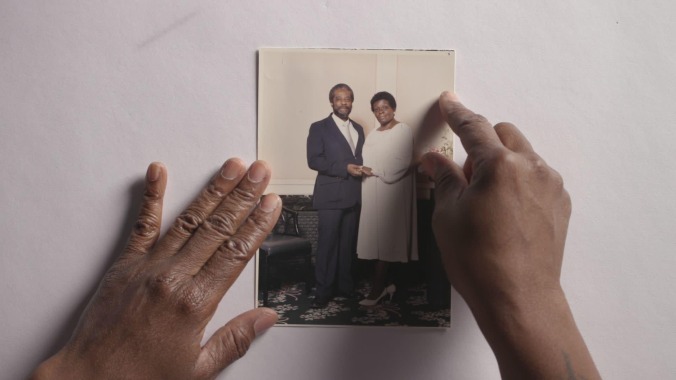Netflix makes Oscar-nominated doc Strong Island available for free on YouTube

Last week, HBO made Wyatt Cenac’s Problem Areas and Anna Deavere Smith’s Notes From The Field available for free on YouTube. The most recent episode of Last Week Tonight is also available in full. CNN and Sesame Street’s town hall on racism can be streamed for free, so can Oprah Winfrey’s special Where Do We Go From Here? and various films from the Criterion Collection, and Paramount Pictures has made Ava DuVernay’s Selma available as a free rental on all digital platforms. While it’s becoming increasingly expensive to try to subscribe to even a portion of the streaming services and cable networks out there (we’re all coughing up the dough for Quibi, right?), many of them have taken the step of releasing titles relevant to understanding the current moment and the Black Lives Matter movement for wide, and free, consumption. Now Netflix has jumped on the bandwagon as well, releasing Yance Ford’s 2017 Oscar-nominated documentary Strong Island on YouTube.
Here’s Mike D’Angelo on the subject of the film, in his review back in 2017:
Strong Island is a very personal film for Ford, years in the making. It’s about his older brother, William, who was shot and killed in 1992, at the age of 24. The circumstances of William’s death are depressingly familiar: Angry that a mechanic who’d hit his car hadn’t yet made the promised repairs, William hurled some harsh words at the guy, followed him into the garage to pursue the argument, and took several bullets to the chest. Though William was unarmed, a grand jury decided that the shooter had reasonable cause to believe that he was in danger, and declined to indict. One of the two individuals involved in the incident was white, and one of them was black. Care to guess which was which?
Ford worked on the documentary—made in a style D’Angelo calls “stark, expressionistic, and powerful”—for a decade. In an interview with RogerEbert.com, he detailed what the process was like for him:








































